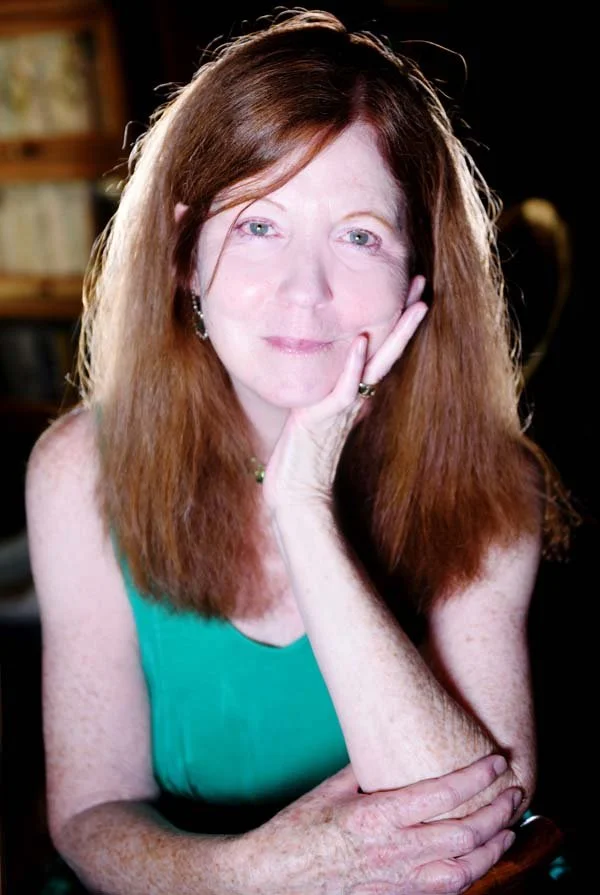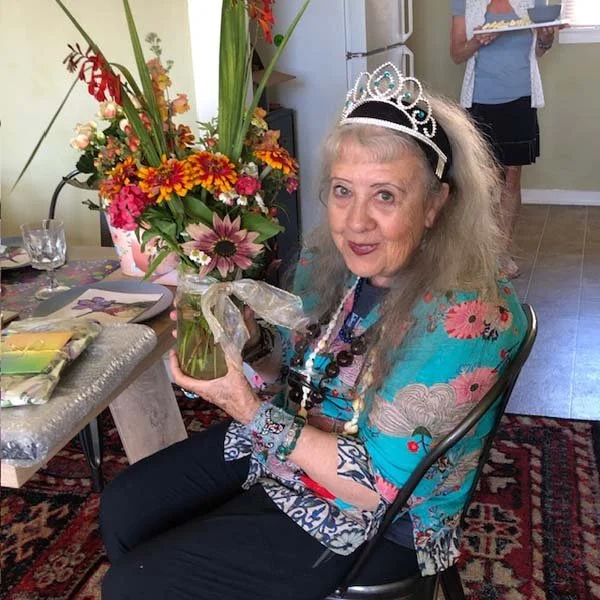By Julie Kane
1
We’ve all heard half of the fairy tale:
A mermaid rescued a drowning prince,
swam him to shore, then pined away
because she missed the weight of him
and the heat of his breath against her neck;
nothing at all like the trickle of cool
saltwater flushed from delicate gills
when she kissed the mermen back in school.
But since there are witches underwater
as well as over, within a year
she’d bargained away her tail for legs—
and her tongue, too, as legs were dear.
She married the prince. His body hair
tickled like beach grass parched in sun.
An eel grew where his legs forked.
(She couldn’t speak this to anyone.)
2
Back in the anti-universe,
a woman writer with two tongues
rooted to the floor of her mouth
like anemones has just swum
so deep with her freak tail,
the sea spins and her brain goes black.
We’ll see if the tongue she bargained for
can send a message back.
Originally published in Piedmont Literary Journal
The Importance of Arts, Culture & The Creative Process
The arts and humanities keep us from losing our souls. They remind us of our connectivity to each other and to the natural world and immunize us against the disease of thinking everything around us exists to be colonized, monetized, or subjugated to our will.
What was the inspiration for your creative work?
Hans Christian Anderson's fairy tale "The Little Mermaid," in my favorite children's book. But I also noticed, when young, that the women writers we studied in high school and college mostly seemed to have bargained away the husband and domesticity for the opportunity to dive into the sea of the unconscious, in the hopes of being able to communicate the treasures found there.
Tell us something about the natural world that you love and don’t wish to lose. What are your thoughts on the kind of world we are leaving for the next generation?
How could even the ocean, the vastest thing on our planet, be threatened with our massive islands of plastic waste, our oil spills and toxic runoffs? Its whales and octopi and other magnificent, intelligent creatures dying off because of us? It breaks my heart that my great-niece and great-nephew (aged 3 months and 23 months) will never know what it was like to wade into the sea and believe it would always be the same, magnificent and self-renewing and teeming with life.














































































